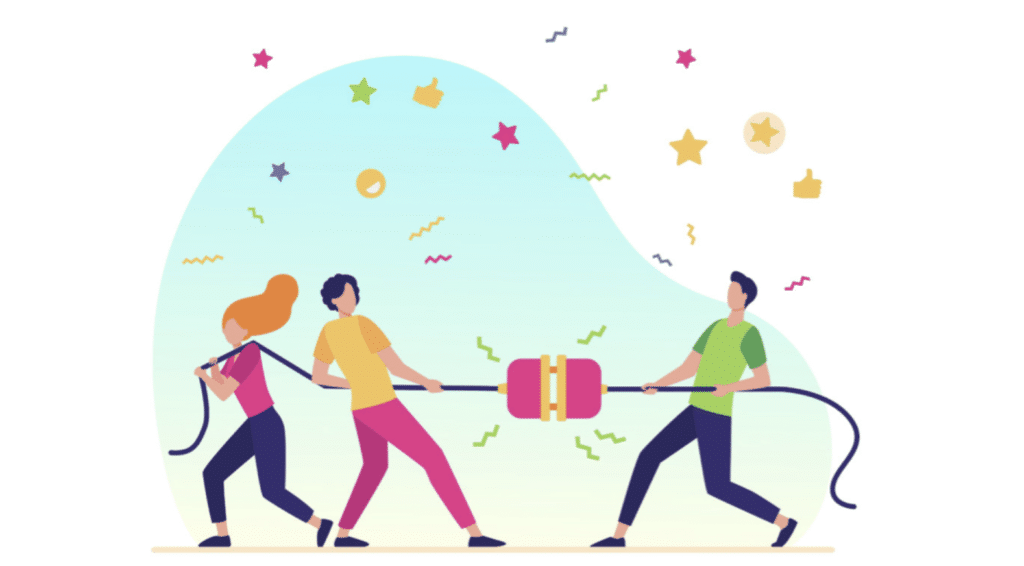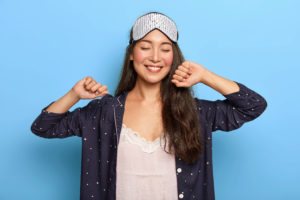
Have you ever noticed how a bright blue sky gives you energy? The main reason is due to the high-intensity blue light that comes from the sun. Blue light is a short wavelength, which means it produces higher amounts of energy.
Why does this matter?
Being exposed to blue light before bed can make it harder to fall asleep and can negatively impact your quality of sleep by messing with your sleep-wake cycle:
It stimulates your brain: It boosts alertness and mental sharpness. While this makes blue light a great companion for productivity during the daytime hours, it’s not great for sleep.
It is not filtered by your eyes: It is the most energizing light to be exposed to and you’re unable to naturally filter it out.
It suppresses melatonin: Exposure suppresses melatonin production, your get sleepy brain chemical, and boosts your wakefulness.
It causes you to associate your bed with activities other than sleep: This can make it harder for your brain to feel relaxed and sleepy at bedtime.
Ok, so why are we coming for your electronics?
The sun isn’t the only source! In fact, you get a ton of it from artificial sources such as screens (phones, tablets, computer monitors, television screens) or fluorescent and LED lighting, and we absorb alllllll of it! The human eye loves it and does a terrible job blocking it. As a result, nearly all the blue light in your environment passes straight to the back of your retina where it sends signals to your brain (like, “HEY! BE ALERT!”).
How is it different from other types of light?
Among all visible light, blue light has the most powerful effect on your sleep-wake cycle. In fact, it reduces melatonin two times longer than other types of light.
What can I do about it?
It is hard to avoid blue light altogether but it is possible to minimize its impact.
3 WAYS TO MINIMIZE THE IMPACT
OF BLUE LIGHT
1. UNPLUG, UNPLUG, UNPLUG
PUT YOUR ELECTRONICS AWAY! Do your best to reduce screen time during the day. In the evening, you should aim to put away digital devices and dim the lights in your home 2 hours before bed. Instead, try building a bedtime routine that actually enhances your sleep quality!
2. BLUE LIGHT BLOCKING PROGRAMS
You can install programs such as f.lux on your computer that automatically adjust the color and brightness of your screen based on your timezone. As it gets dark outside, the program gives your monitor an orange hue.
There are similar apps available for smartphones, and some smartphones have a built-in night-mode, which you can adjust to any time you like, and dark-mode, which reduces the brightness on your screen by applying darker backgrounds.
3. BLUE LIGHT BLOCKING GLASSES
The clearer lenses only block about 30% of blue light, which may be fine for some people. However, if you want the best benefits, buy the amber or brown tinted lenses which block up to 100% of blue light.






